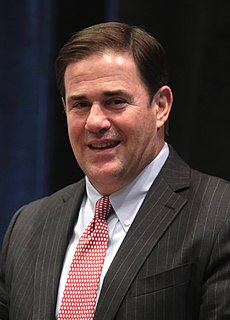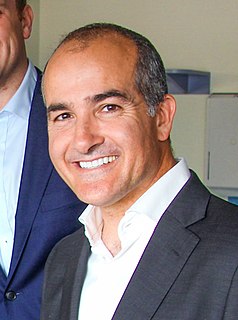A Quote by Jonas Gahr Store
I think integration in Norway is, by all standards, going relatively well. People are working, taking education, learning the language.
Related Quotes
MapReduce has become the assembly language for big data processing, and SnapReduce employs sophisticated techniques to compile SnapLogic data integration pipelines into this new big data target language. Applying everything we know about the two worlds of integration and Hadoop, we built our technology to directly fit MapReduce, making the process of connectivity and large scale data integration seamless and simple.
Bernie Sanders talks about socialism in Scandinavia, and he's correct to point to the huge victories the working class has won there through struggle, such as socialized medicine, free college education, and paid family leave. But if you talk to working people in Sweden or Norway today, you will find out that many of those past gains have been eroded and some virtually eliminated, including massive under-funding of healthcare and other public services and a return to for-profit systems that are unaffordable to working class people.
Ellen Galinsky's surveys at the Families and Work Institute pointed to a desirable norm for many parents for working not full-time, but part-time. And I get that. I mean, Norway has a 35-hour work week. That counts as part-time for us in the United States, you know. And Norway's doing well, by the way.
I think the most important work that is going on has to do with the search for very general and abstract features of what is sometimes called universal grammar: general properties of language that reflect a kind of biological necessity rather than logical necessity; that is, properties of language that are not logically necessary for such a system but which are essential invariant properties of human language and are known without learning. We know these properties but we don't learn them. We simply use our knowledge of these properties as the basis for learning.
As a physician, we are taught that learning and education never stop - they are lifelong. I think education comes in various forms: formal, informal, and most importantly, experiential. All of this defines who we are and gives us if you will our abilities to function as leaders. I believe all of those pieces constitute formal education - it is invaluable to who we are and how well we perform.
Some things lend themselves well to songs, some things don't, and I'm learning that a lot at the moment. It's still a relatively new way of writing. It's only really the last five to 10 years that I've taken my writing seriously in this way, as something I can keep working toward. I think I feel myself much more before as simply a songwriter.
































